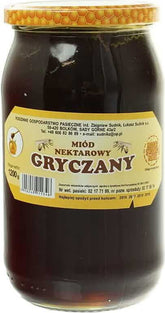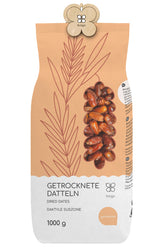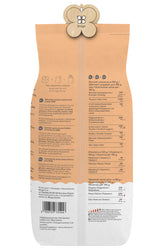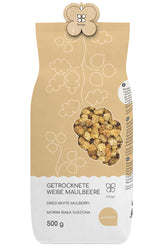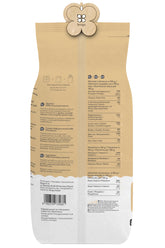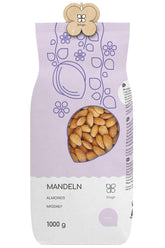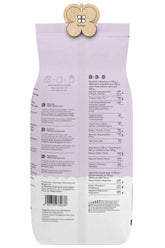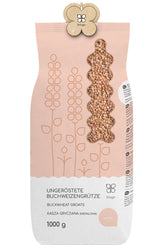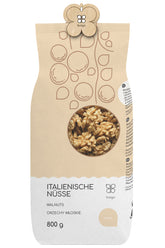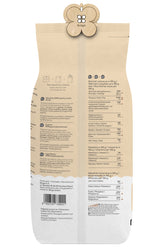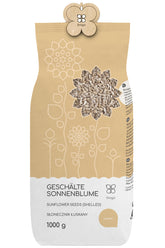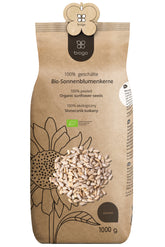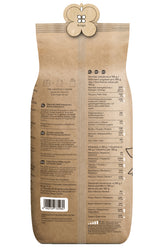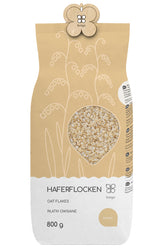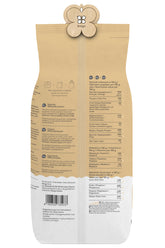How to get started with homemade cosmetics? Simple tips and ideas for beginners.
Contents:
- The simplest recipes you will love
- Homemade hair care – quick and effective
- Why is the quality of ingredients so important?
- Tips and tricks for beginners
-
Where can you buy good ingredients for DIY cosmetics?
- Homemade cosmetics – thriftiness and ecology
Making homemade cosmetics is not just a trendy fad but also an excellent way to consciously care for your skin and hair – completely free of chemicals and artificial additives. Natural ingredients offer endless possibilities and help avoid many harmful substances at the same time. To start your adventure in the home beauty lab, a few basic products are enough. It is worth relying on high-quality natural cosmetics or raw materials such as plant oils, butters, hydrolates, or clays. Your first set should definitely include organic coconut oil, shea butter, rose water, and white clay. It is good to have organic coconut oil in the kitchen from the start – it is excellent as a base for creams, lotions, hair care, and nail serums. Coconut oil has antibacterial and moisturizing properties, making it an indispensable component of homemade cosmetics.
The simplest recipes you will love
At the beginning, it is best to try some simple recipes that do not require hard-to-find ingredients or special equipment. A classic is homemade sugar scrub – simply mix a few tablespoons of raw sugar with a tablespoon of plant oil, e.g., organic hemp oil. For an extra effect, you can add some honey or a few drops of essential oil (e.g., lavender). This scrub not only removes dead skin cells but also intensely nourishes the skin.
Another great idea is a moisturizing yogurt mask. Mix a tablespoon of organic yogurt with a tablespoon of honey and a tablespoon of ground oat flakes – you get a simple but highly effective cosmetic product, ideal for dry and sensitive skin. You can also add half a teaspoon of turmeric for brightening properties.
Homemade hair care – quick and effective
Homemade hair care is an excellent way to naturally care for your hair – without the burden of silicones or parabens. A simple and effective regenerating mask is prepared by mixing 2 tablespoons of coconut oil with a tablespoon of honey and a few drops of lemon juice. Apply the mixture to damp hair, wrap it in a towel, and leave it on for 30 minutes before rinsing thoroughly with shampoo. Regular use of this mask strengthens the hair, gives it shine, and reduces hair breakage. If your ends are dry, a small amount of pure argan oil, gently massaged into the wet hair after washing, is also suitable.
Why is the quality of ingredients so important?
When you make your own cosmetics, you have full control over what you apply to your body. Therefore, the quality of the products used is crucial. Keep in mind that the skin absorbs not only nourishing ingredients but also potentially harmful substances – so you should rely exclusively on tested, certified sources. Use organic oils, plant butters without additives, and pure hydrolates. A good example: unrefined shea butter – thanks to its high content of vitamins A and E, it intensely regenerates the skin and supports its reconstruction.
Natural oils like argan oil or jojoba oil are excellent for making your own serums. It is also interesting to know that some raw materials, like vitamin E, can serve a dual function – as an active, rejuvenating ingredient and as a natural preservative that extends the shelf life of cosmetics.
Tips and tricks for beginners
Making cosmetics on your own can be a wonderful passion, but it is important to follow some basic rules. Hygiene is paramount – always disinfect your tools with alcohol and use clean bowls and spoons. Store finished products in glass containers, ideally in dark and tightly sealed bottles. If you make aqueous cosmetics (e.g., tonics, creams), you should use them within 2–3 weeks or add natural preservatives like vitamin E or grapefruit seed extract.
A practical tip: organic chia seeds are suitable as a natural thickener in masks – you just need to soak them in some water or hydrolate. Experiment in small quantities – for example, make a spoonful of cream instead of preparing a whole jar at once. This way, you can more easily adjust the ideal recipe to your needs and at the same time get to know the different properties of natural ingredients.
Where can you buy good ingredients for DIY cosmetics?
If you want to be sure of the quality of raw materials, it is worth sourcing them from trusted suppliers. You can find natural oils, hydrolates, clays, and other raw materials for cosmetics at biogo.de. Pay special attention to organic coconut oil, unrefined shea butter, or rose hydrolate. Thanks to ecological certificates, you can be sure that the ingredients are pure, safe, and effective.
Homemade cosmetics – thriftiness and ecology
When you make your own cosmetics, you not only know exactly what you apply to your skin but also reduce the amount of waste produced. Homemade recipes lead to lower consumption of plastic packaging and have a real impact on environmental protection. Additionally, by making small batches, you minimize the loss of raw materials. This is not only healthy but also an economical approach to care. And most importantly – the satisfaction you gain from homemade cosmetics is priceless.
THE PUBLISHER'S CHOICE
Dried dates 1 kg BIOGO
- €4,21
€4,95- €4,21
- Unit price
- / per
Dried White Mulberries 500 g ORGANIC
- €5,84
€6,87- €5,84
- Unit price
- / per
Almonds 1 kg BIOGO
- €11,69
€13,75- €11,69
- Unit price
- / per
Tasche #changezbiogo Baumwolle v.2
- €4,00
- €4,00
- Unit price
- / per
Unpeeled buckwheat groats 1 kg BIOGO
- €2,81
€3,31- €2,81
- Unit price
- / per
Walnuts 800 g BIOGO
- €8,65
€10,18- €8,65
- Unit price
- / per
Peeled sunflower seeds 1 kg BIOGO
- €3,04
€3,57- €3,04
- Unit price
- / per
PULLED ORGANIC SUNFLOWER SEEDS 1 KG BIOGO
- €4,44
€5,22- €4,44
- Unit price
- / per
Oat flakes 800 g BIOGO
- €2,34
€2,76- €2,34
- Unit price
- / per








